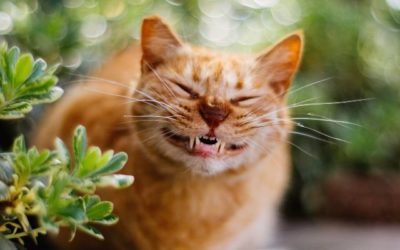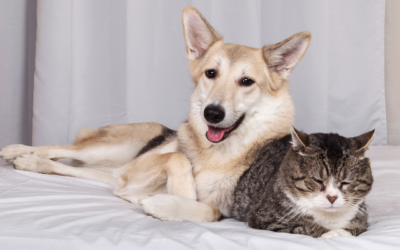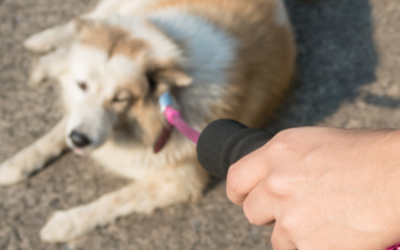Blog
Treatment vs palliative care – Our Guide
Frankie was a beautiful 11-year-old greyhound, who loved nothing better than being with his family.
Nervous nellies: pet anxiety explained
Is your pet a bit of a “nervous nellie”? Pet anxiety can be a worrying issue for pet owners, not to mention the pets themselves!
The seven rules for a safe and happy festive season
Whilst the summer holidays can be a wonderful time for us and our four-legged family members, there are a few seasonal hazards to avoid in order to keep your pet feeling merry too!
The ultimate consultation cheat sheet – effortless vet visits for your pet!
Imagine that you’re a dog. Your owner clips on your lead (exciting!), pops you into the car (woo hoo!), and you excitedly journey to… the vet.
A day in the life of a GP nurse
Our veterinary nurses entered the profession because they love animals - but nursing is a whole lot more than just cuddling cute puppies and kittens. Our experienced nurses are knowledgeable, technically skilled, compassionate and willing to assist whenever an animal...
The causes of paw-licking
Jasper, a one-year-old Cocker Spaniel, just couldn’t stop licking at his paws. After a particularly sleepless and irritating night for both Jasper and his owner Ben (where Ben felt just about ready to crack if he heard one more licking sound), Ben booked Jasper in for...
A healthy mouth at any age
Good dental health throughout your pet’s life will go a long way towards maintaining their overall health, comfort and quality of life.
“Age is just a number, baby”
Is your senior dog or cat moving more slowly? Taking the stairs a bit more hesitantly? Or perhaps having trouble keeping themselves looking clean and neat? While advancing age will lead to some inevitable changes in your pet’s physical capabilities and condition,...
Doggy boot camp 101
It’s important that you exercise your dog appropriately for their condition, as overweight pets are at higher risk of becoming puffed and dangerously overheated or sustaining joint injuries.








